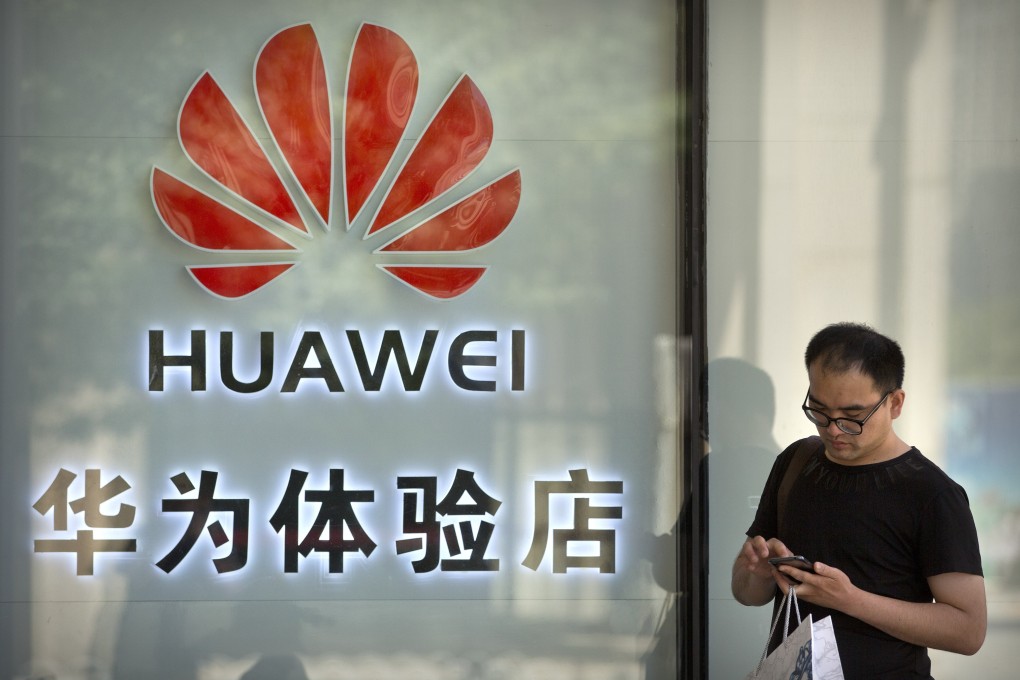By blacklisting Huawei, the US may have triggered a new era of protectionism for China – and the rest of the world
- Every country is protectionist to some degree, but the US’ determination under Trump to punish China may discourage Beijing from further opening up, and instead encourage an inward turn – and this may well be repeated around the globe

Huawei purchases a substantial amount of components and services from the US, many of which have no alternative suppliers in other countries.
Although Huawei claims to have a backup plan for some important chips, it is generally believed that not all chips and software can be rapidly developed in-house, especially if the company wishes to remain competitive. The immediate impact on Huawei will be devastating, for sure.
Tremendous damage has also been done to the image of US companies as reliable suppliers for basic technologies, including chips and software.
The blacklisting of Huawei will be a wake-up call for other countries to seek some degree of self-reliance in basic technologies. This may well, unfortunately, usher in a new age of protectionism.
